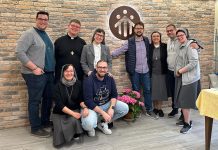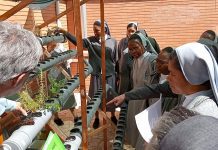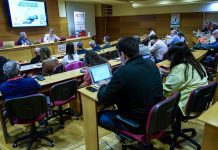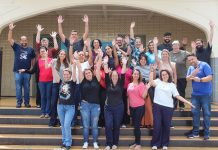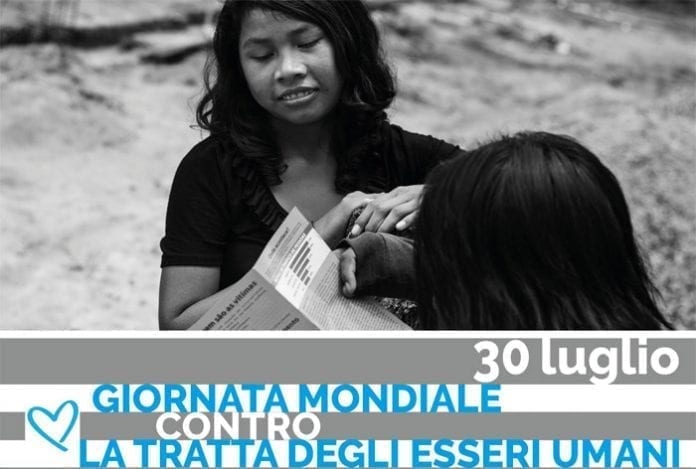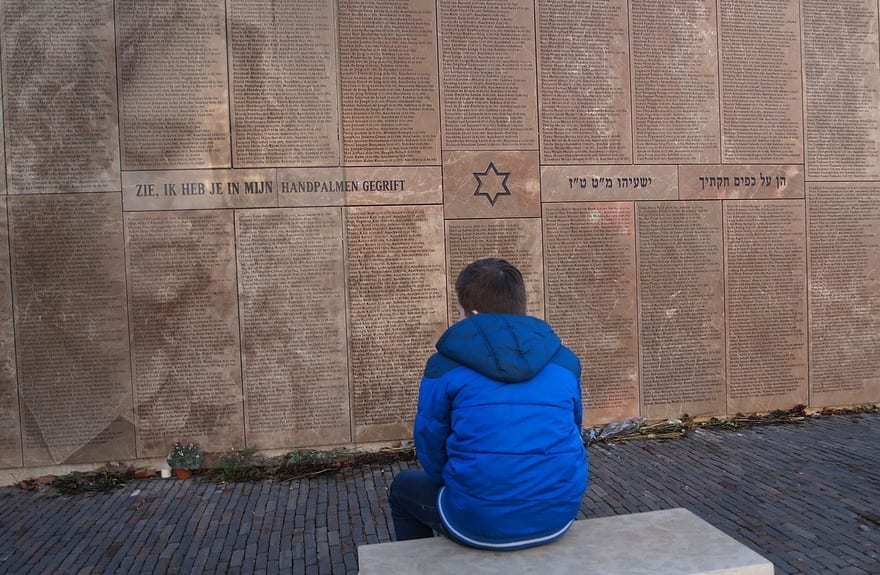Rome (Italy). July 30th was declared World Day of Dignity for Victims of Trafficking of Human Beings, with the UN General Assembly Resolution 68/192 in 2013.
The reference to the dignity of the victims reiterates what Pope Francis expresses with the four verbs – welcoming, protecting, promoting, and integrating – to foster the sense of welcoming migrants and refugees in the process of emancipation and commitment to rebuilding life with a plan for the future.
It is a day to renew the commitment of defending the rights of the most vulnerable, knowing the situation of trafficked people and making them known in the educating communities, promoting and protecting the rights of the many victims of trafficking, awakening consciences and drawing attention to a current problem in every society. Nelson Mandela says “We know well what must be done: all that is missing is the will to do it”. Pope Francis, in his speech to the participants in the IV World Day of Prayer and Reflection against Trafficking in Persons (February 12, 2018), reminds us that we must engage personally: “For my part … I have never lost an opportunity to openly denounce it as a crime against humanity”.
Trafficking in persons is a serious crime because it violates human rights. For this reason it does not leave us indifferent: “What I have repeatedly referred to as ‘the culture of waste’ is at the basis of behaviors that, in the marketplace and in the globalized world, lead to the exploitation of human beings at all levels” (P. Francis).
The United Nations Office on Drugs and Crime (UNODC), in the Protocol “Preventing, Repressing and Punishing Trafficking in Persons”, in art. 3 (a) describes trafficking in persons: “It is the recruitment, transportation, accommodation or reception of persons, through the threat of recourse to the use of force or other forms of coercion, for kidnapping, fraud, deception, abuse of authority or situations of vulnerability, through the offer or acceptance of payments or benefits, in order to obtain the consent of a person who has authority over another for exploitation purposes. This exploitation includes forced labor or forced services, slavery and slavery-like practices, all forms of sexual exploitation, and the removal of organs”.
Currently, the number of women and men, often even minors, sold for profit in the world is estimated by UNODC to be several million. Children represent one third of victims of trafficking in human beings worldwide. Women and girls account for 79% of global trafficking. About 21 million people are victims of forced labor worldwide (ILO). Every year thousands of men, women, and children fall into the hands of traffickers at home and abroad. All countries are affected by trafficking in human beings, both as places of origin, as well as transit or destination of victims. The 2030 Agenda for Sustainable Development aims to eradicate forced labor and put an end to modern slavery and trafficking in human beings. The objectives of sustainable development also aim at the prohibition and elimination of child labor in all its forms.
The Pope appeals to everyone, especially to young people: “Adults, parents, and educators … are called to supervise and protect children. You must do the same with your relatives and companions; perceive and report particular vulnerabilities, suspicious cases on which we must shed light. “Everyone, no one is excluded in the commitment for this cause, asserts Pope Francis, underlining the resilience of those who have suffered and found a new road, a commitment to life: “All those who have been victims of trafficking are an inexhaustible source of support for new victims and very important information resources to save many other young people”.
This day is a challenge to learn – as Educating Communities – to work with many other people and institutions to be together a “salvation network” for many.




